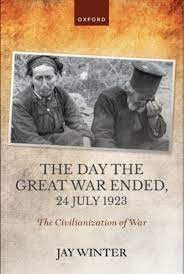
On 24 July 1923 the last Treaty ending hostilities in the Great War was signed at Lausanne in Switzerland. That Treaty closed a decade of violence that continued long after the Armistice of 11 November 1918, extending from the Baltic to the Mediterranean. On the shores of Lake Geneva, diplomats, statesmen and soldiers came from Ankara and Athens, from London, Paris and Rome and from other capital cities to affirm that war was over. The Treaty they signed fixed the boundaries of present-day Greece and Turkey, and marked a beginning of a new phase in their history. That was its major achievement, but it came at a high price.
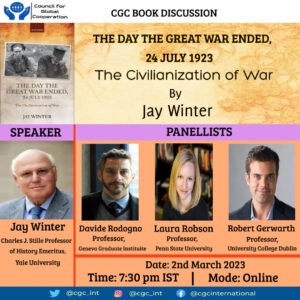
The Treaty contained within it a Compulsory Population Exchange agreement that forced exchange of over 1.5 million civilians. With those exceptions of living in Constantinople (Turkey) and Western Thrace (Greece), Muslims were barred from living in Greece as citizens, and Greek Orthodox Christians were barred from living in Turkey as citizens. Those who had not already fled were deported from villages and towns in which many had lived for centuries. This exchange provided a solution to the immense refugee problem but at the same time it introduced into international law a definition of citizenship defined not by language or history or ethnicity, but solely by religion. This set a precedent for ‘ethnic cleansing’ followed time and again later in the century and beyond. Along with that gone were the aspirations of Armenians for justice after the genocide of 1915 and gone were their hopes of a national homeland in Anatolia.
Jay Winter in his new book The Day the Great War Ended, 24 July 1923: The Civilianization of War, tells the story of the peace conference, its outcome and what happened on that day. This book traces the transition from war to peace in this period that set in motion forces leading to the global war that followed in 1939. Further would explain the ‘civilianization of war’ is a reality that the world would see a century later in the Russian invasion of Ukraine.
SPEAKER:
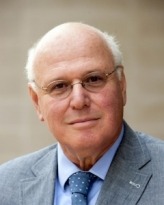
Jay Winter
Member, Board of Governors, CGC; Charles J. Stille Professor of History Emeritus, Yale University
PANELLISTS:
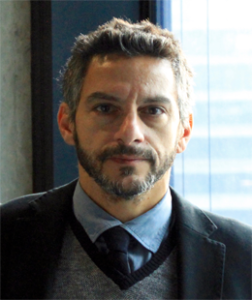
Davide Rodogno
Professor of International History and Politics, Graduate Institute of International and Development Studies, Geneva
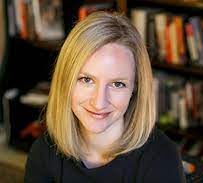
Laura Robson
Oliver-McCourtney Professor of History, Penn State University

Robert Gerwarth
Professor of Modern History and Director of the Centre for War Studies, University College Dublin
MODERATOR:

Soumava Basu
President and Founder, CGC